Raspberry Pi: What's in it for business?
The £29 micro-computing marvel has finally shipped, and we investigate the potential business benefits that it could deliver in the UK.

By providing a low-cost device with a sound software platform for programming and development, the Foundation hopes to move schoolchildren away from learning to use Microsoft Office and toward true computing. This Upton explains, is what will have the biggest impact on businesses in the UK and further afield.
Those who grew up during the microcomputer boom of the 80s are the technical staff of today, but that boom has long since passed. Graduates with true computing knowledge are thin on the ground, and that translates into a serious dearth of qualified candidates for developmental, research and other roles in the IT industry.
By providing schools with an educational tool, less than the cost of most textbooks - and pupils with a cheap way to equip themselves with the same technology, Upton and his colleagues at the Foundation are hoping to bring back the days of true home computing'.

The Raspberry Pi can capture the imagination of students
Introducing more children to the joys of programming at a young age, Upton argues, means that computing degrees will find themselves with a larger intake.
This could trigger a much need chain reaction; a larger intake of students for computing and related degrees means a larger quantity of knowledgeable, capable and skilled graduates in the employment pool.
With many companies often struggling to find talent to fill technical posts, especially in the fields of programming and electronics, that's little short of a promise to give the UK technology industry the shot in the arm it needs to put itself back on top.
Get the ITPro daily newsletter
Sign up today and you will receive a free copy of our Future Focus 2025 report - the leading guidance on AI, cybersecurity and other IT challenges as per 700+ senior executives
It's not just IT-related industry which stands to benefit from a shift to teaching true computing in schools as a replacement for the administrative skills-heavy ICT curriculum of today. The Foundation argues that programmatic thinking,' which can be trained at a young age through the use of educational programming languages like Logo and Scratch, is a skill which would benefit any role in a business.
The Pi promises much, but only time will tell whether it can satisfy the IT industry's hunger for highly skilled workers.
Gareth Halfacree is an experienced tech journalist and IT professional, and has been writing since 2006. In addition to contributing article for ITPro, Gareth has been featured in publications such as PC Pro, Techmeme, The Register, The MagPi, and Tom’s Hardware.
In addition to his digital articles, Gareth is the author of several best-selling books. These include the Raspberry Pi User Guide, an essential text for those looking to get started with their Raspberry Pi, as well as The Official Raspberry Pi Beginner’s Guide. Gareth also wrote the Official BBC micro:bit User Guide, a comprehensive guide to setting up the pocket-sized computer, learning to code on it, and even creating your own hardware addons.
-
 M&S suspends online sales as 'cyber incident' continues
M&S suspends online sales as 'cyber incident' continuesNews Marks & Spencer (M&S) has informed customers that all online and app sales have been suspended as the high street retailer battles a ‘cyber incident’.
By Ross Kelly
-
 Manners cost nothing, unless you’re using ChatGPT
Manners cost nothing, unless you’re using ChatGPTOpinion Polite users are costing OpenAI millions of dollars each year – but Ps and Qs are a small dent in what ChatGPT could cost the planet
By Ross Kelly
-
 Oracle Java pricing concerns could spark a developer exodus
Oracle Java pricing concerns could spark a developer exodusNews Oracle Java users have raised concerns over pricing, with many considering switching to open source options.
By Solomon Klappholz
-
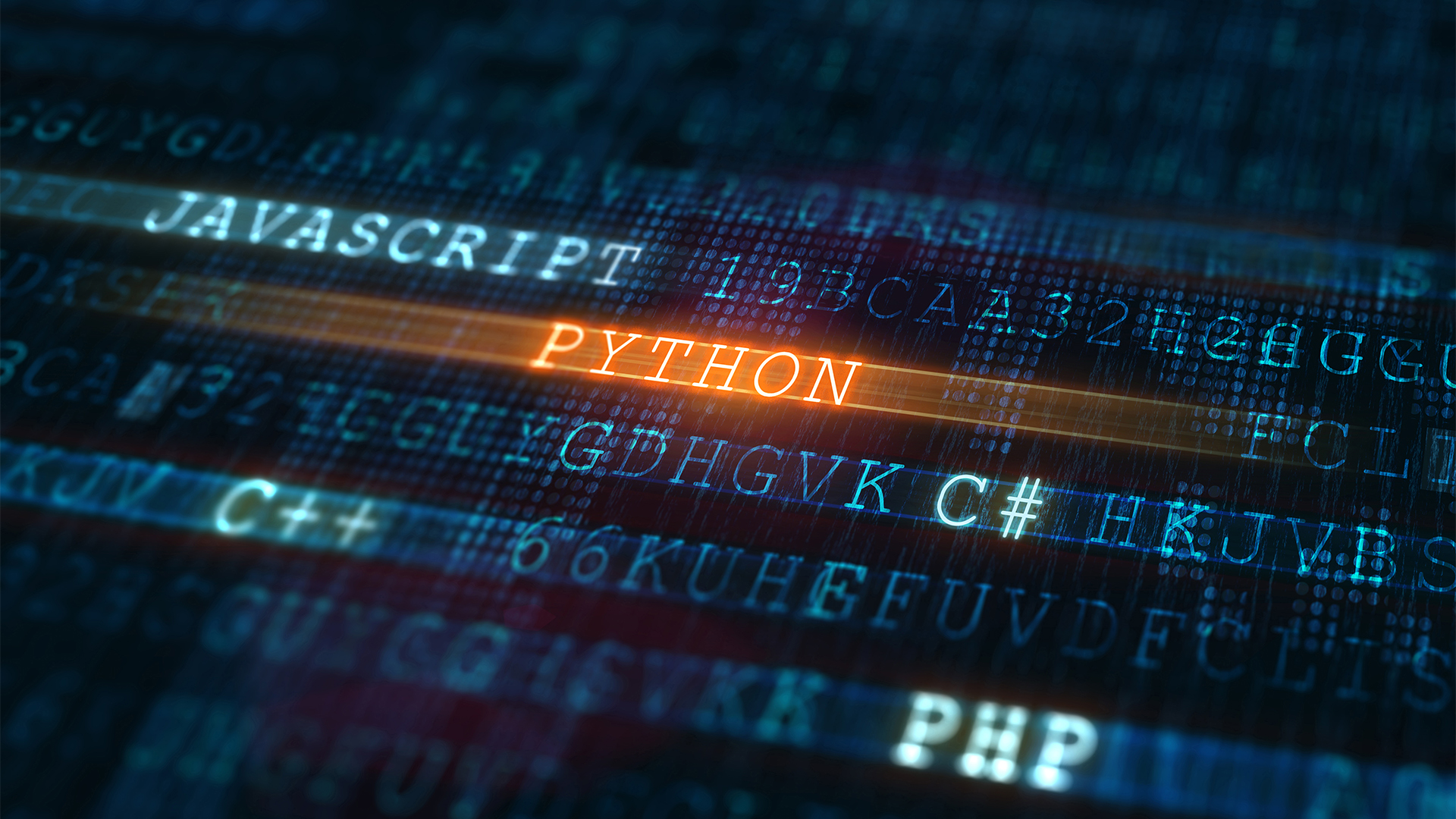 Python just brushed past JavaScript to become the most popular programming language on GitHub – and a key factor is that AI developers love it
Python just brushed past JavaScript to become the most popular programming language on GitHub – and a key factor is that AI developers love itNews The meteoric rise of Python shows no sign of stopping
By Nicole Kobie
-
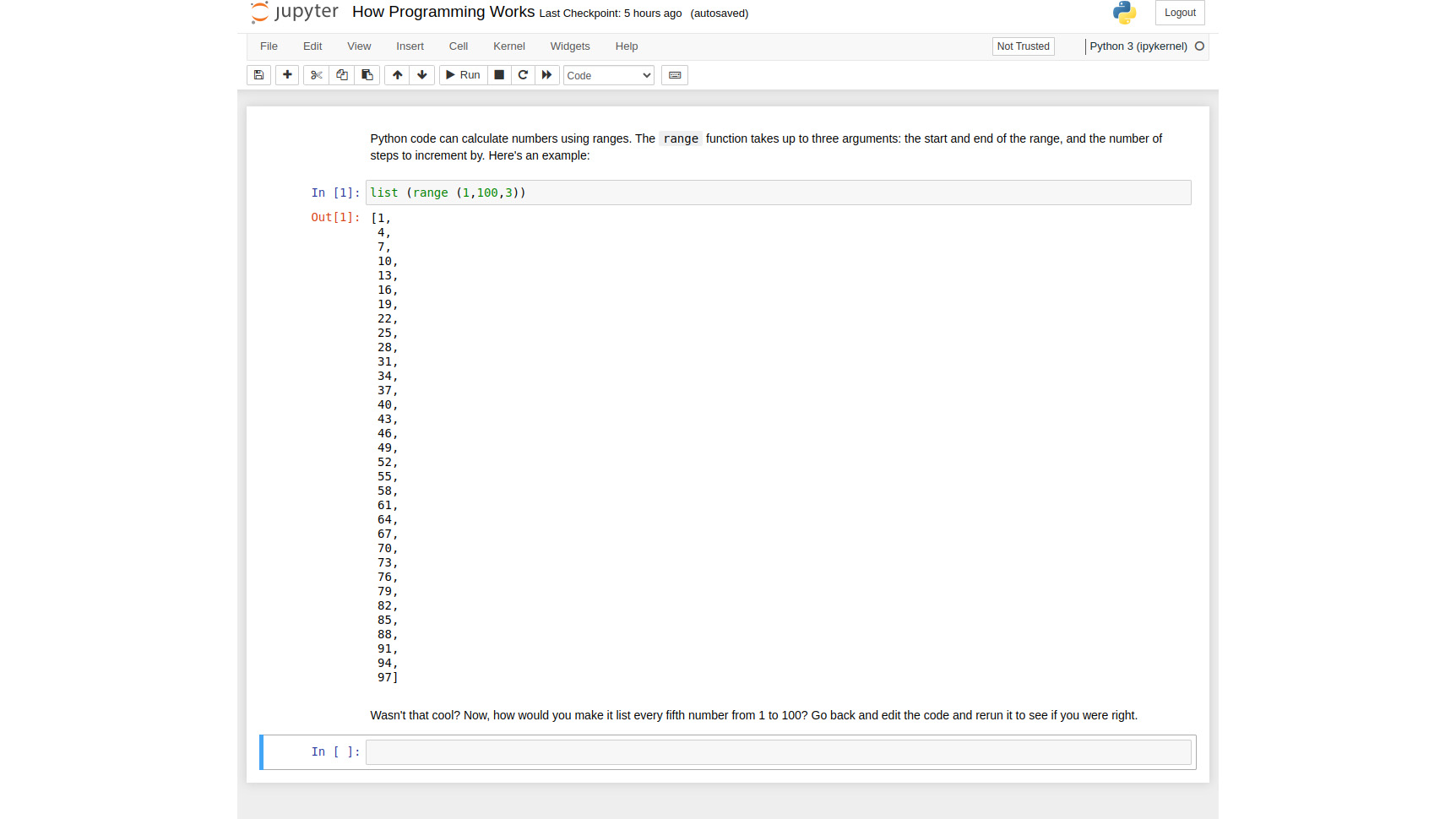 JupyterLab review: A powerful tool for documenting your data science journey
JupyterLab review: A powerful tool for documenting your data science journeyReviews Literate programming toolkit takes dynamic code documents to new heights
By Danny Bradbury
-
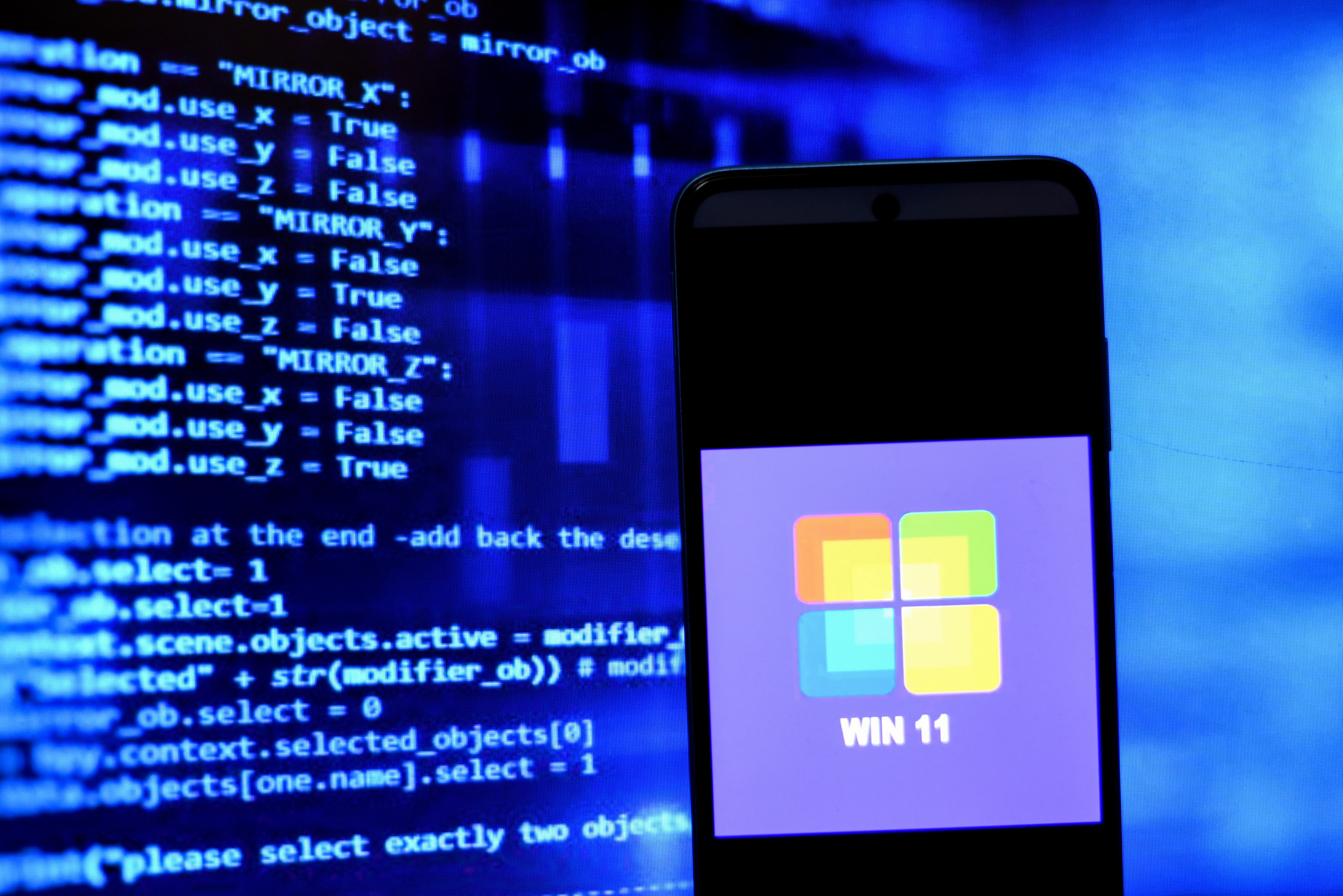 Microsoft continues its Rust mission with new kernel features
Microsoft continues its Rust mission with new kernel featuresNews The latest critical feature comes as a "small trial" to select Windows Insiders
By Connor Jones
-
 Report: Regulatory and monetary incentives needed to adopt safer programming languages
Report: Regulatory and monetary incentives needed to adopt safer programming languagesNews Companies have been urged to create plans on how they intend to get rid of memory-unsafe code in their products
By Zach Marzouk
-
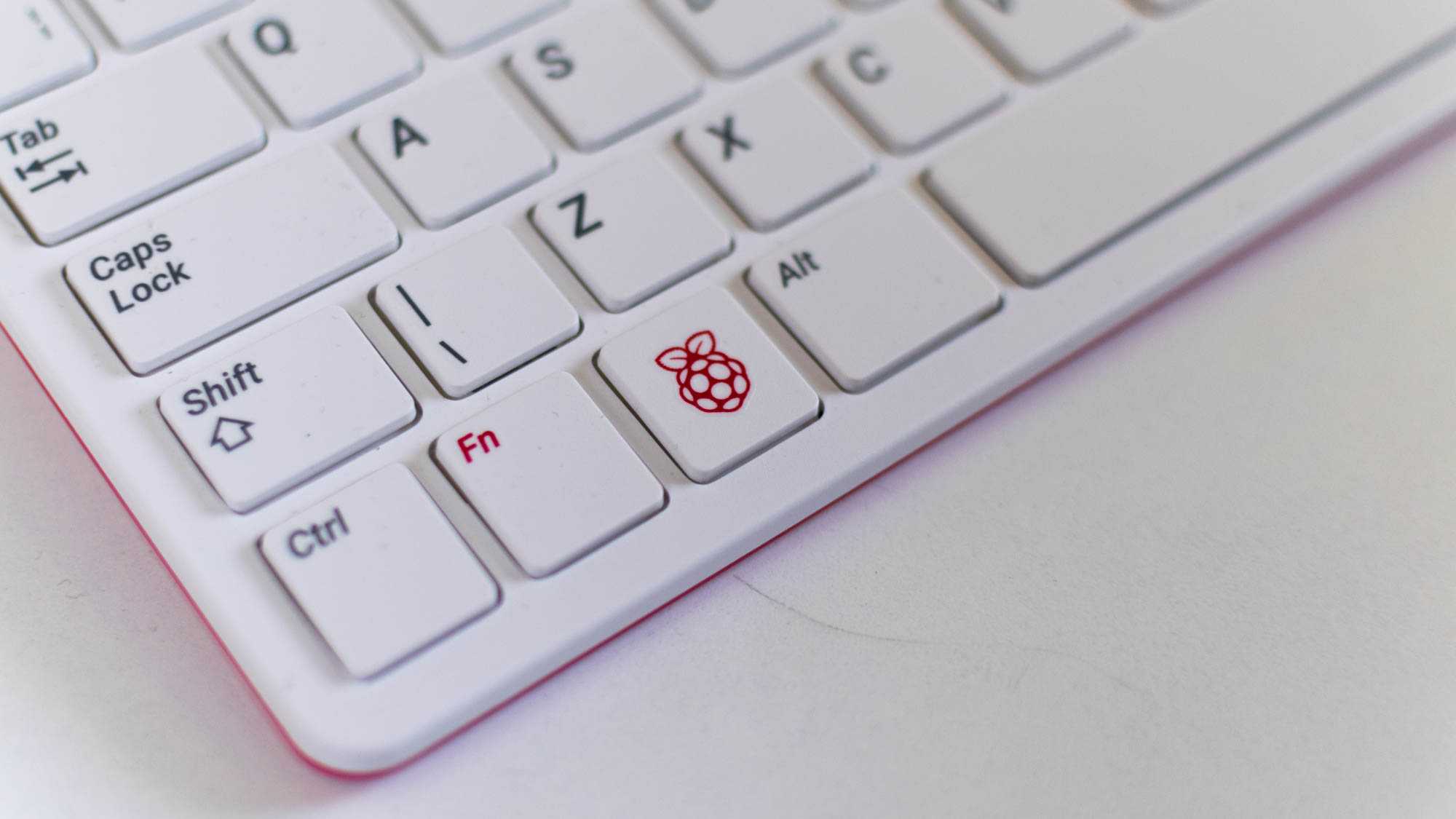 Complaining about Windows Update? You should try upgrading a Raspberry Pi
Complaining about Windows Update? You should try upgrading a Raspberry PiOpinion Regular updates is key to a happy Raspberry Pi, and missing out on upgrades can lead to things going horribly wrong
By Paul Ockenden
-
 Microsoft Azure CTO hails 'most loved' Rust as the successor to C and C++
Microsoft Azure CTO hails 'most loved' Rust as the successor to C and C++News Rust is a newer programming language that developers enjoy using and learning, and it's being adopted far across the industry, too
By Connor Jones
-
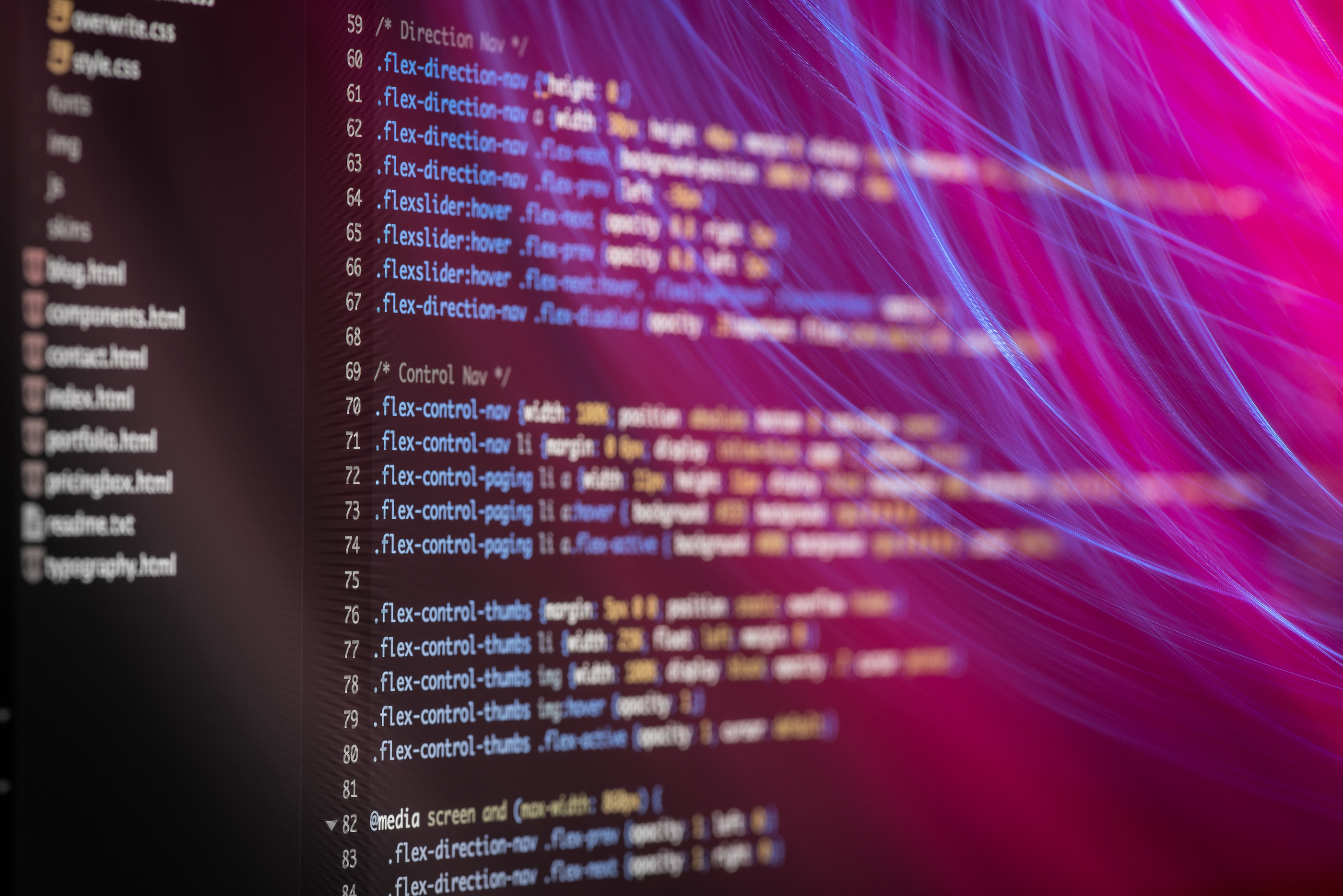 Programming with Python: Time to upgrade to fancy ANSI
Programming with Python: Time to upgrade to fancy ANSIOpinion Wordle inspires Dick to reinvent his 1980s ASCII toolkit for the 2020s, but this time he doubles down with ANSI
By Dick Pountain